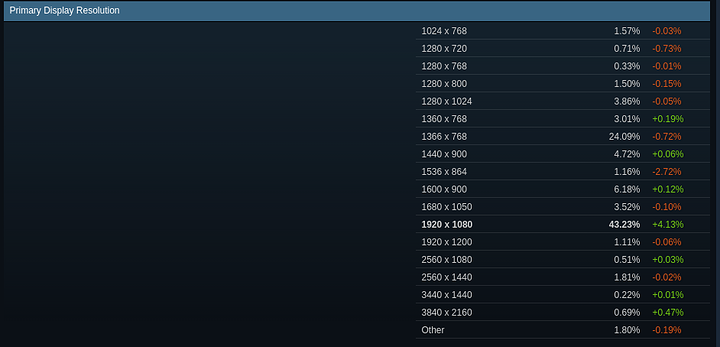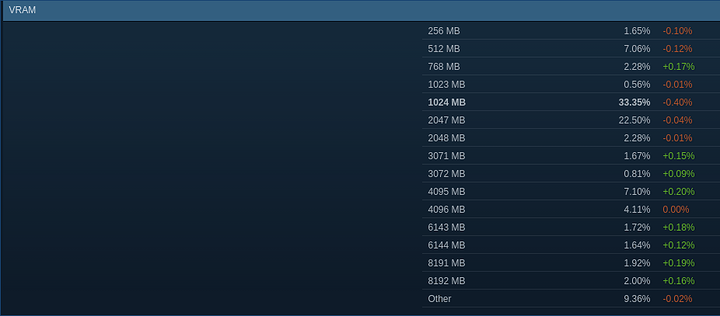I do agree with what he says in the fact that testing at lower resolutions is definitely not any way to determine future performance. I do agree with the fact that testing at lower resolutions does in fact benchmark the cpu's performance, BUT, it only benchmarks the performance in that particular game (and its also not a fully conclusive test either).
Since the performance shown, is only that specific game you test, you can't use that to determine much of anything but the performance in that one game; If that one game were cpu bottlenecked (most of the time it won't be).
So it gives a good idea of the performance you can expect in that game if you had a super high end or future graphics card. But it will not tell you the performance of an unknown game from the future with a future graphics card. I think this needs to be very clear in those tests. Those tests do not measure the full gaming performance of a cpu. They measure the performance of the game they are testing. I don't think testing a handful of games using this method is even enough data points to make a very solid conclusion.
Honestly, any tests that go over 144 fps (or maybe 240, since there is 1 240 monitor available now. and I don't see higher than 240hz displays happening anytime within the lifetime of any of these cpus), provide very little useful information to anyone playing those games. Since running above the refresh rate of your monitor does not really do much of anything for you (could argue that with vsync, higher framerates would give you a slightly newer frame, but vsync is terrible and the difference is kind of minimal). So if the cpu can hit say 240 fps at 480P low settings, that means it's fully capable of playing that game no matter what.
Anything higher is moot to gaming performance. Games are not like rendering software where it will use always 100% of the cpu and use 100% of the cpu to complete the action faster. Games run at set speeds (yes you can alter the speed the engine is running at using something like cheatengine), so regardless of extra cpu resources, the game will not perform any better with a better cpu. So the benchmarks really can't be compared like they are competing on a leaderboard. It's either you finish the race or you don't. If both cpus score above 240 fps in the cpu test, they both pass, thus are both equal in gaming performance in that game (as far as fps tests go at least).
Another test for gaming performance for cpus would be the frame time. It again has a ceiling, as if your frame time is perfect, that's where the comparing stops and both cpus will be equal again. Frametime is often a much better test of gaming performance than just the average fps.
The other good test of gaming performance would be the minimum frame rates. This is also another very noticeable thing for people playing games, thus making it a good test to do.
So if you want to properly determine gaming performance; You should bottleneck the cpu and make sure it can do 240+ fps that way you are able to play at high frame rates if you have the graphic cards and monitor to support it. You then lock the fps at the highest your monitor supports and measure the frametimes (while again keeping the cpu bottlenecked). Then you test at realistic settings and test the minimum frame rates and frametimes. This will give you a very clear picture of the performance of the game.
If you were to do tests like that for many different games using many different engines, you can then at least make some sort of conclusion to its gaming performance. But it still will never tell you the future performance of that cpu. Nothing can tell you that. You can only guess. And based on data from multi-threaded performance and the fact games are definitely going to start optimizing for more threads (due to consoles and the fact both amd and a few developers have publically stated they will be optimizing for ryzen), the r7 1700 is a very good choice for gaming.
That's why those reviews are so misleading. They are misrepresenting the tests they are using. Which is what makes them wrong. It's lying through omission (basically what the MSM does all the time). Granted i'm sure many are due to just ignorance, rather than purposely trying to make the cpu look bad. But there are of course, some that do it purposely for whatever reason they have for doing so.
That's my take on it anyway.



